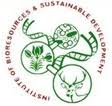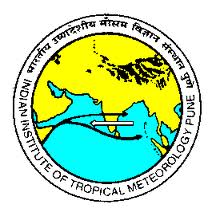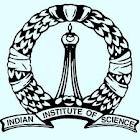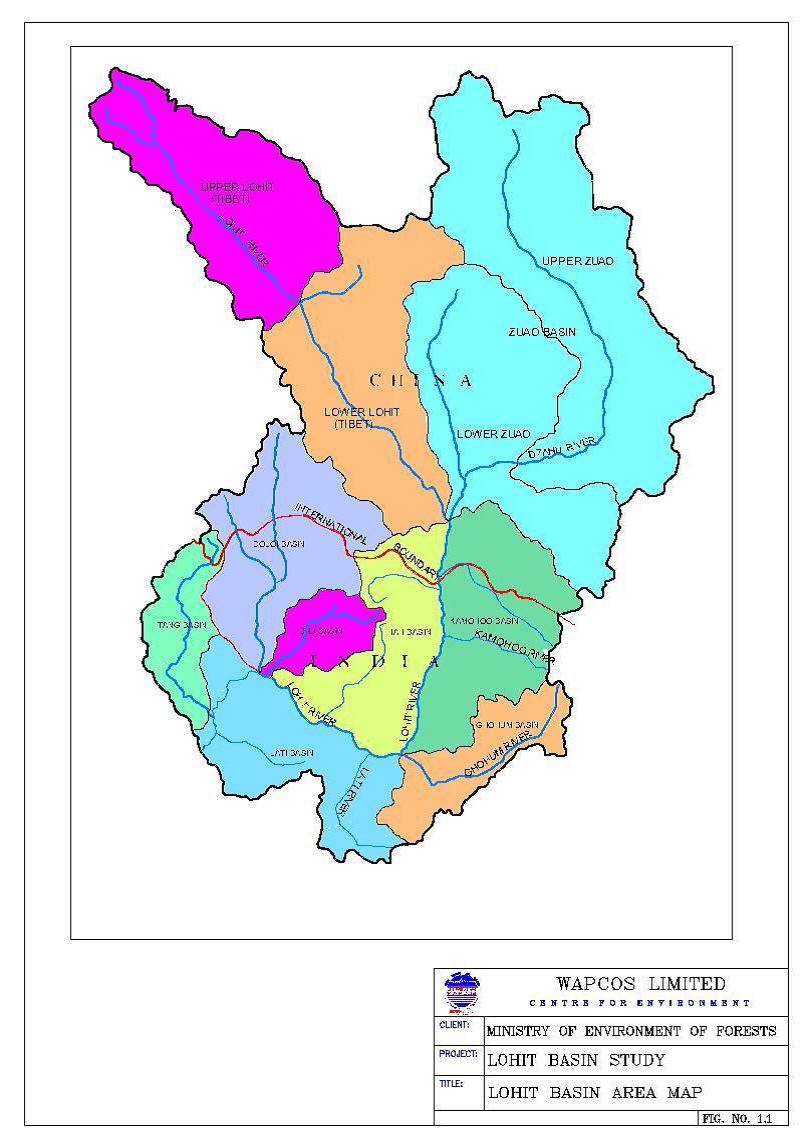Biodiversity
Interlinking of rivers project: A disquieting judgement - Ramaswamy Iyer's perspective in the EPW on the recent Supreme Court decision
Posted on 20 Apr, 2012 10:52 PM
1. Introduction
Two writ petitions were filed in 2002 on the subject of interlinking. The judgement finally passed in 2012 directs the implementation of this project. This judgement is disturbing for the following reasons:
"Resources, tribes and the State" - A report on an international seminar, organized by the Arunachal Institute of Tribal Studies at Itanagar, Arunachal Pradesh, in February 2012
Posted on 11 Apr, 2012 04:10 PMGuest post by: Raju Mimi
The return of the earthworm: Association for India's Development's (AID-JHU) practicing organic farming in the Sunderbans
Posted on 08 Apr, 2012 10:51 PMArticle and Video Courtesy : Association for India's Development - Johns Hopkins University
Author : Nishikant
Supreme Court order in February 27, 2012 on the interlinking of rivers project A statement and an appeal by concerned citizens to think of all the implications
Posted on 29 Mar, 2012 06:37 PMThe full statement is as follows -
We, the signatories to this statement, wish to record our utmost concern at the Hon’ble Supreme Court’s judgment of 27 February 2012 on the Inter-Linking of Rivers Project (ILR), on the following grounds:
National Conference on Environment and Biodiversity of India (EBI 2012), December 29 - 30, 2012, New Delhi
Posted on 20 Mar, 2012 08:17 PMOrganizer: IBSD, Imphal,
IITM, Pune,
Islamic University of Science and Technology, J&K
NECEER Team




Description:
National Conference on Environment and Biodiversity of India, December 29-30, 2012, New Delhi.
Biodiversity Asia 2012, SCB-Asia, ATREE and IISc, August 7-10, 2012, IISc campus, Bangalore
Posted on 20 Mar, 2012 07:24 PMOrganisers: SCB-Asia, ATREE, IISc
Venue: JN Tata Auditorium,
Indian Institute of Science Campus,
Bengaluru



The conference is being co-organized by organizations such as Society for Conservation Biology-Asia Section, (SCB-Asia), Ashoka Trust for Research in Ecology and the Environment (ATREE), Indian Institute of Science (IISc), and several other institutions with the Secretariat housed at ATREE, Bengaluru, India. We will partner with other institutions in India and other countries in Asia to ensure broad participation. We expect 400-500 people to participate.
Basin-level impact assessment study of the Lohit river - A study by WAPCOS & Ministry of Environment and Forests (2011)
Posted on 19 Mar, 2012 11:29 AM
Our water woes: Ecological imbalance is the culprit!
Posted on 12 Mar, 2012 12:01 PMAuthor : Madhuranthakam Prabhakar Rao
Implementation of the interlinking of rivers project (ILRP): Bangladesh raises concerns
Posted on 12 Mar, 2012 11:50 AMAuthor : Md. Khalequzzaman, P.D.
Towards a progressive Indian and global climate politics - A CPR Climate Initiative Working Paper
Posted on 09 Mar, 2012 07:04 PMHowever, on each of these issues, there is a healthy under-current of domestic debate. Moreover, broad agreement on this perspective does not translate to strategic unanimity. There are three divergent positions within India: growth-first stonewallers, progressive realists, and progressive internationalists.





